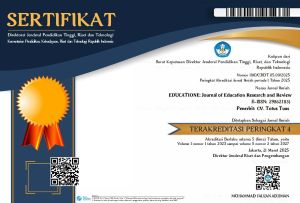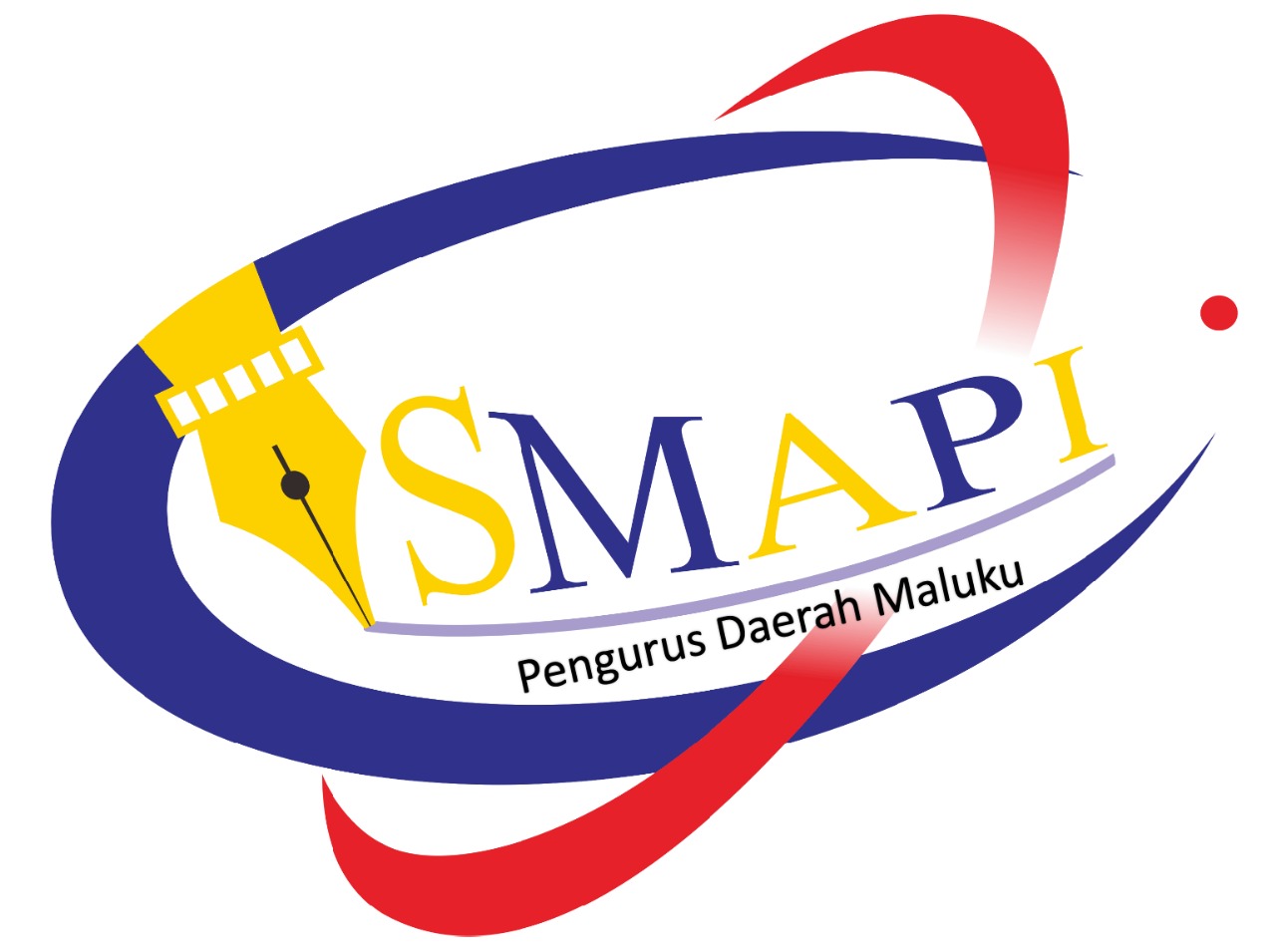FROM INCARCERATION TO EMPOWERMENT: THE ROLE OF SFBC IN ENHANCING SELF-ESTEEM AND EDUCATIONAL REHABILITATION OF DRUG OFFENDERS
DOI:
https://doi.org/10.59397/edu.v3i2.56Keywords:
cultural identity, narrative case study, psychological resilience, self-esteem, solution-focused brief counselingAbstract
Correctional assisted citizens, particularly those involved in drug-related offenses, often suffer from low self-esteem due to intersecting factors such as broken family backgrounds, social stigma, addiction, and incarceration. These psychological vulnerabilities frequently hinder their rehabilitation and reintegration into society. The aim of this study was to explore the effectiveness of Solution-Focused Brief Counseling (SFBC) in enhancing the self-esteem of inmates, specifically through a case study of an individual (Mas Firman) incarcerated in Banyuwangi Prison. Using a qualitative case study approach supported by literature review, the study applied the five-stage SFBC framework—relationship building, problem identification, goal setting, intervention, and evaluation—and gathered data through interviews, observations, and documentation triangulation. The results showed that SFBC contributed significantly to the subject's behavioral and emotional transformation. Initially exhibiting signs of introversion, distress, and hopelessness, the subject demonstrated increased self-confidence, religious engagement, goal-oriented behavior, and social interaction following the counseling sessions. These findings indicate that self-esteem is a malleable psychological construct that can be improved through structured, culturally sensitive, and strength-based interventions. The subject’s transformation was driven not only by counseling techniques but also by the integration of spiritual and familial dimensions into the therapeutic process. This study makes several contributions to the literature. Theoretically, it contextualizes SFBC within a correctional setting, enriching its application in non-traditional domains. Methodologically, it provides a comprehensive qualitative model for narrative-based inmate rehabilitation research. Practically, it presents SFBC as an adaptable tool for correctional counselors and educators to support psychological restoration. Furthermore, this study highlights the broader educational utility of SFBC in character development, life skills training, and mental health interventions, especially within inclusive and culturally grounded educational environments. The findings suggest that SFBC can be effectively integrated into correctional counseling systems and educational programs, particularly in settings that prioritize individual strengths, cultural identity, and spiritual values. Future research is encouraged to explore SFBC's application using comparative case studies or mixed-method designs, and to examine the long-term sustainability of its psychological impacts across diverse institutional contexts.
Downloads
Published
How to Cite
Issue
Section
Citation Check
License
Copyright (c) 2025 EDUCATIONE

This work is licensed under a Creative Commons Attribution 4.0 International License.



















